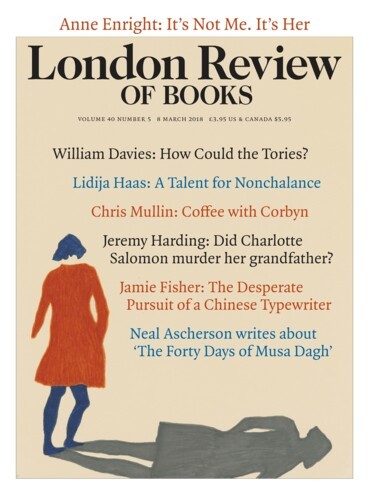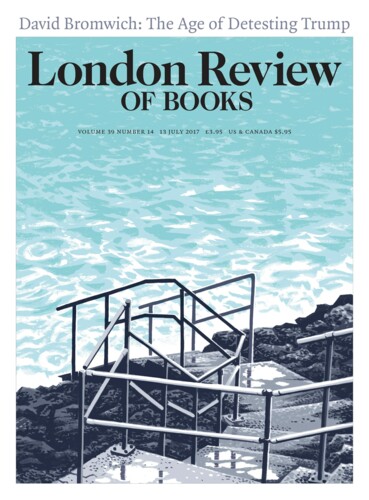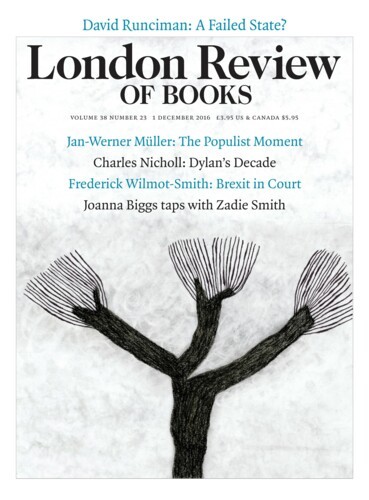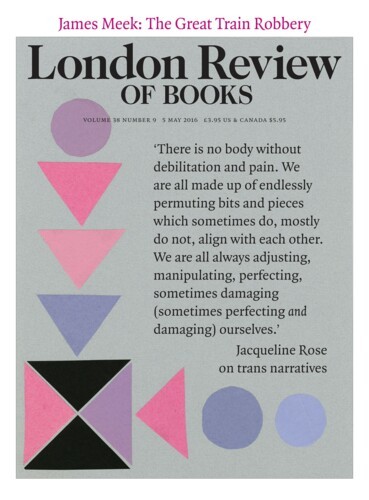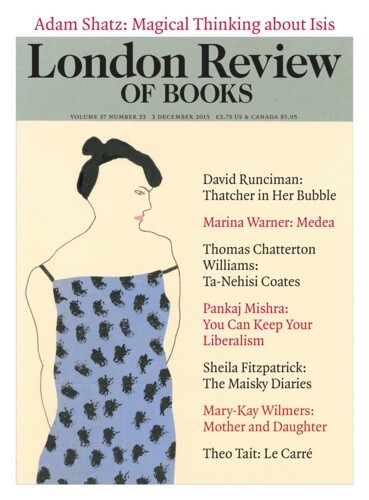Bare Bones: Rhinoceros v. Megatherium
Steven Shapin, 8 March 2018
What does a rhinoceros look like? If you are fortunate enough to have seen one in the flesh, you can can summon up an image from memory. If you haven’t seen one, you will have to conjure a mental image from pictures seen in books or in nature documentaries. There’s at least a chance that in forming this image your imagination will have tapped into a picture that is more than...
